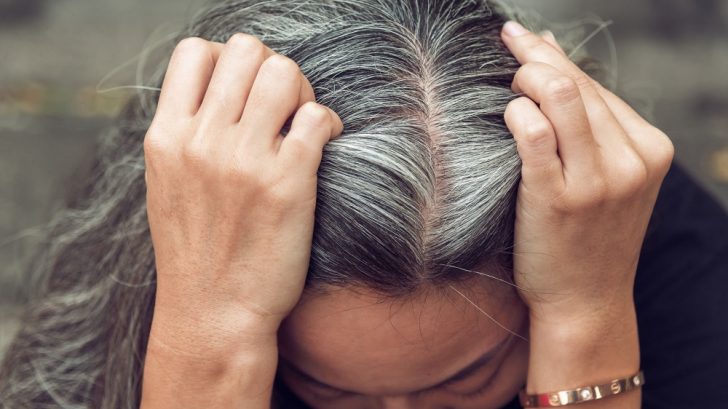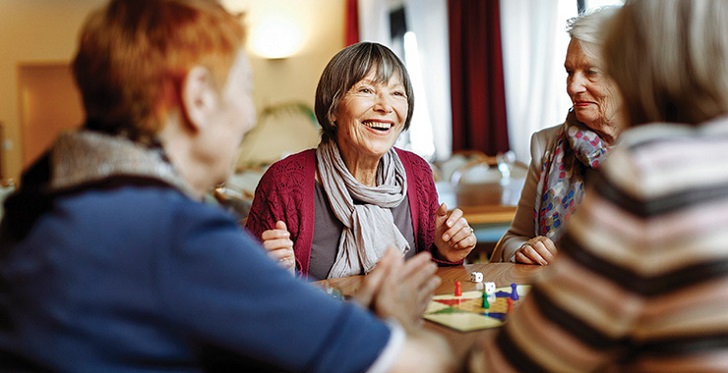Ageism is an overlooked concept regarding discrimination against women in the USA. Society often associates older women with weaknesses, frailty, and less relevance. Younger women are also at risk of being undervalued and disregarded for their work due to their youthful appearance. It is high time that we recognize and address this social issue that affects half of the American population.

Chandara Tubchand/ FT | Ageism impacts women's opportunities for career advancement
Defining Ageism
Ageism is a discriminatory behavior against individuals because of their age. It is often applied to the elderly or people deemed “too old” to participate in certain activities. Ageism is further perpetuated in society by the media by assigning labels such as “old,” “senior,” or “elderly” when referring to individuals within a certain age range, which only further perpetuates this negative stereotype. Women, in particular, face a disproportionate amount of ageism in society and the workplace due to societal expectations, gendered roles, and cultural factors.
Ageism at Work
Older women have difficulty finding employment, and those who secure positions typically receive lower wages, fewer promotions, and less upward mobility. According to the American Association of University Women (AAUW), women over 50 are more likely to be without work for longer periods than their male counterparts.
Ageism in the workplace can also prompt early retirement, which can lead to a detrimental effect on one’s financial security. Younger women are also affected by ageism in the workplace, where their youth is often perceived as inexperienced and their efforts undervalued.

Getty/ Forbes | Media often perpetuates ageist stereotypes by predominantly featuring younger women
Media Perpetuation
The media plays a major role in perpetuating the stereotypes of aging women. Ageism against women is visible in advertisements and media, where women are often portrayed as youthful and flawless or as the opposite- weak, unappealing, and irrelevant. The mainstream media promotes beauty and anti-aging industries to combat these “flaws” women perceive as inevitable with aging. This constant exposure to beauty and anti-aging advertisements, which commonly depict youthful women, leads to discrimination against older women.
Perpetuating Ageism
Certain cultures greatly emphasize age, and women are more affected than men. Women in some cultures are expected to conform to certain stereotypes, which can harm their physical and mental well-being. This is evident in the USA, where aging women are perceived as less valuable to society, work life, and business. It’s the responsibility of individuals and society to combat cultural stigmatization and create pathways for women of all ages to thrive.

Kirsten Weir/ APA | About 1 in 3 women (30 percent) experience age discrimination
Challenging Ageism
There is a need for age-inclusive employment policies in the workplace and for recognizing the value of older women in general society. Furthermore, the media must shift perceptions of aging, and society should reevaluate its expectations of women in different age brackets. Younger women should be empowered to share their skills, and older women should be respected and valued for the experience and expertise they bring to the table. Society must acknowledge the worth of women as they age.
